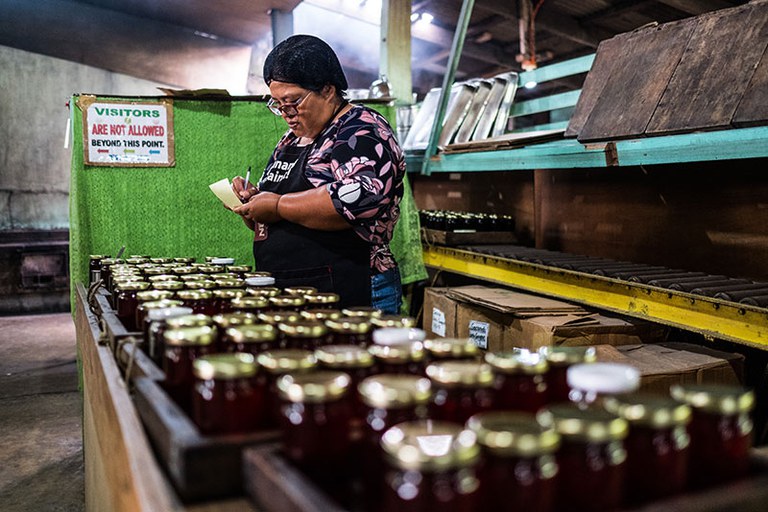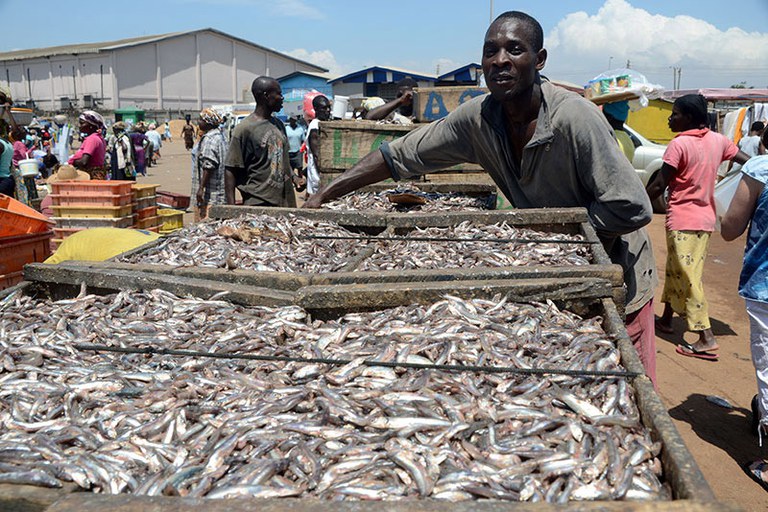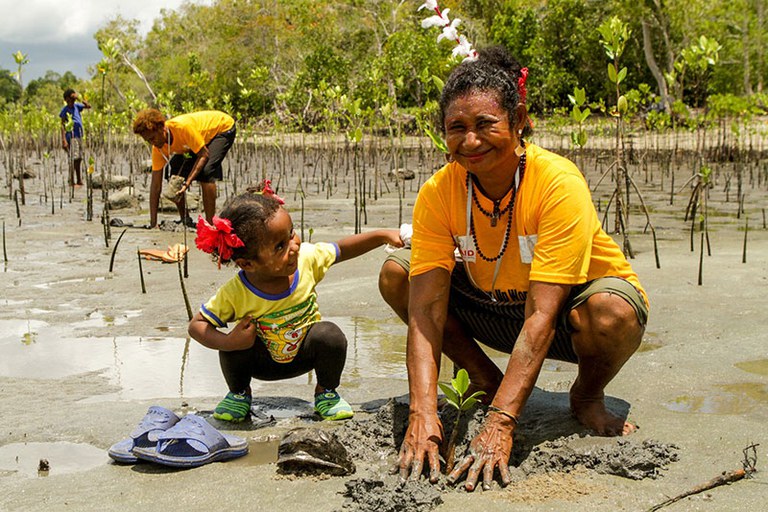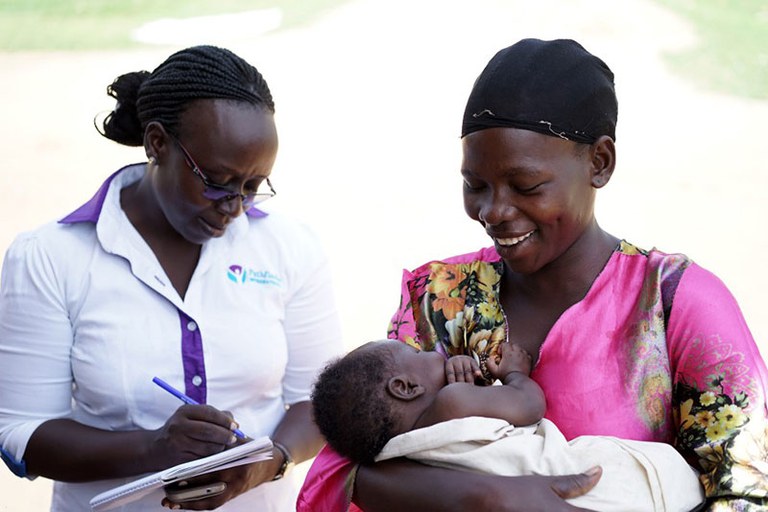Biologically diverse ecosystems play important roles in promoting health and fighting disease by providing goods and services, including wild foods, natural medicines, and clean air and water. Human health also plays an important role in biodiversity outcomes, as poor health and low access to health services are drivers of biodiversity loss. Ecosystems, including intact forests, also help regulate common infectious diseases, like malaria, by inhibiting conditions that spread disease vectors. The COVID-19 pandemic has brought into stark reality the connections between wildlife, the environment, public health, and human security. Biodiversity conservation and sound management of natural resources improve ecosystem function and productivity, with positive outcomes for human health and well-being.
Key Information
USAID Position Statement on One Health
Recognizing the increasing number and growing complexity of global threats and the need for transdisciplinarity, USAID endorses systems thinking to advance the One Health approach throughout the Agency by adhering to the following guiding principles.
Putting USAID's One Health Position Statement into Practice
USAID’s Position Statement on One Health recognizes One Health as a “cornerstone of USAID’s mission” and an holistic approach to achieve sound, integrated development.
One Health: A Common Facet in USAID Strategy and Policy
USAID is incorporating a collaborative One Health approach in its major strategies to address complex challenges.









